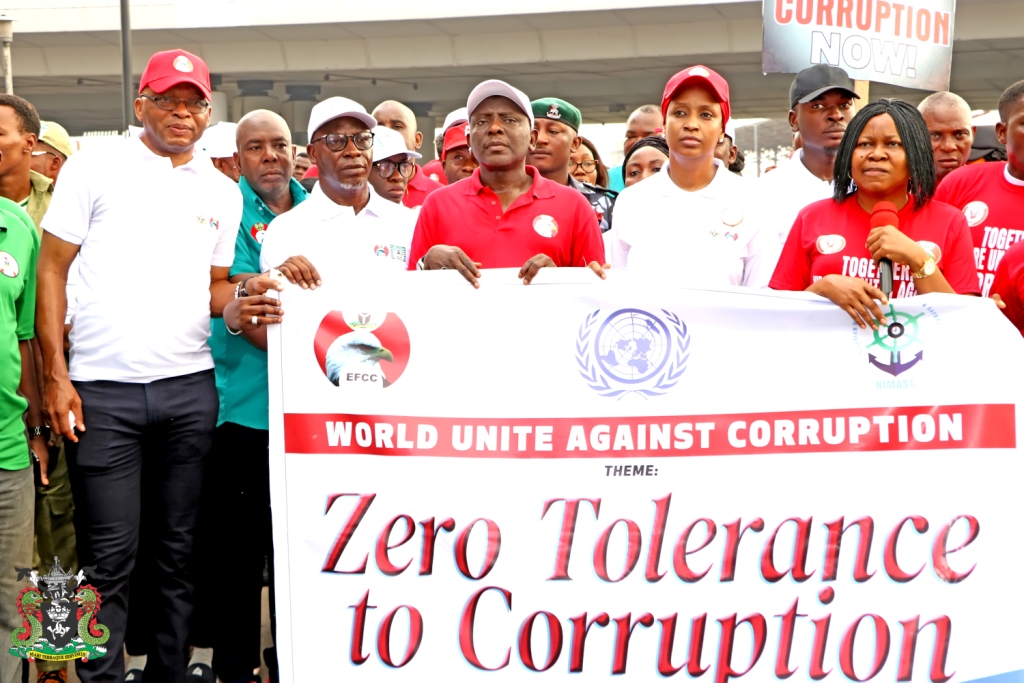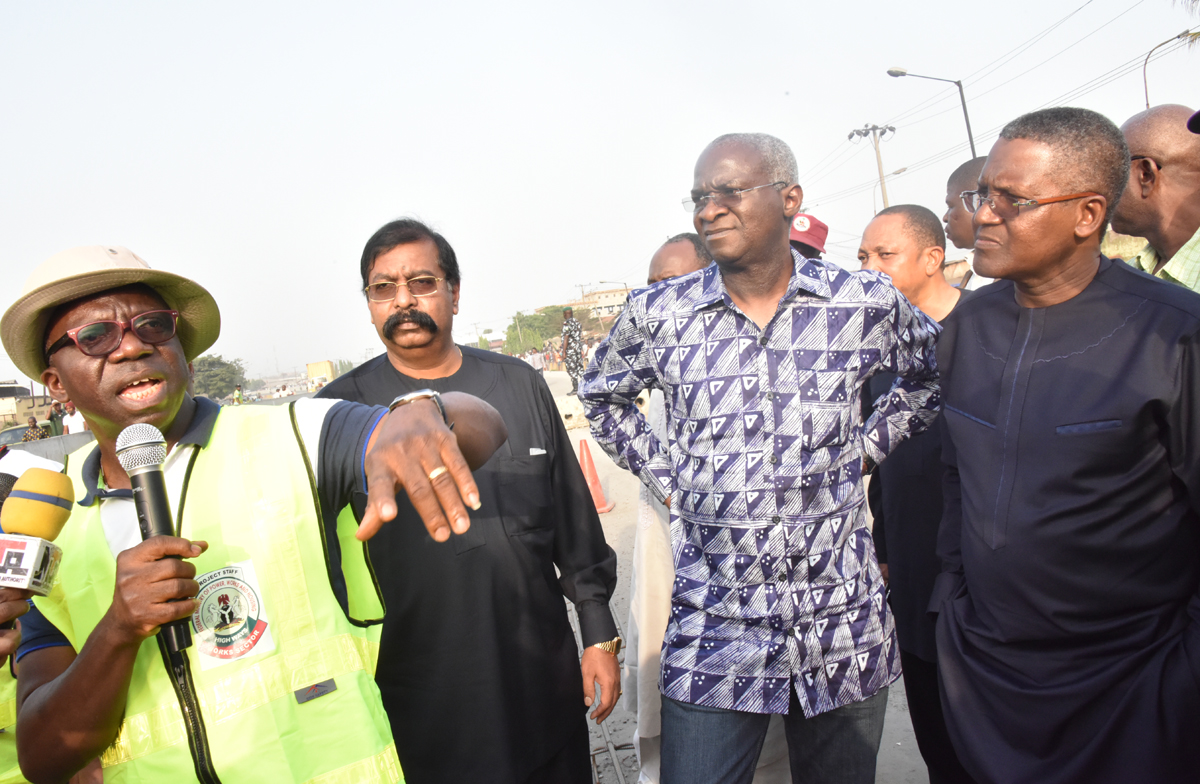Fresh report titled; Illicit Financial Flows in Africa: Drivers, Destinations, and Policy Options, has made key revelations on illicit financial gains by Isabel dos Santos, Africa’s richest woman and daughter of former Angolan president Eduardo dos Santos.
The report also exposed other African economies and how they starch away their common wealth via trade misinvoicing.
The report noted that illicit flows “are not new to the continent: While between 1980 and 2018, sub-Saharan Africa received nearly $2 trillion in foreign direct investment (FDI) and official development assistance (ODA), it emitted over $1 trillion in illicit financial flows.
“These flows, illicitly acquired and channelled out of the continent, continue to pose a development challenge to the region, as they remove domestic resources that are crucial for the continent’s development,” the reported added.
It stressed that over a 38-year period, between 1980 and 2018, Africa exported an aggregate $1.3 trillion of illicit financial flows, adding that IFFs saw a notable increase in the 2000s in correspondence to increases in trade from Africa.
The report, however, said while the high aggregate amount of illicit financial flows might appear alarming, it was important to note that the relative share of illicit financial flows seemed to be steady or declining.
“In 2018, illicit financial flows only made up 5 per cent of GDP, down from 8 per cent in 2012 and 2008. Illicit financial flows as a share of trade also fell from 14 per cent in 2008 to 11 per cent in 2018.
“The top four emitters of illicit flows, Nigeria, South Africa, the Democratic Republic of the Congo and Ethiopia emit over 50 per cent of total illicit financial flows from Africa.
“Among the top 10 emitters of illicit flows, nine countries attribute a significant portion of total exports to natural resources: mining products in South Africa, the Democratic Republic of the Congo, Botswana, and Zambia, and oil and gas in Nigeria, the Republic of the Congo, Angola, Sudan, and Cameroon.
According to the report, “Natural resources provide countries with opportunities to expand the volume of total trade, which is correlated with the volume of illicit financial flows; studies also suggest that extractive industries are particularly prone to illicit financial flows,” the Brookings Institution’s report said.
Another key aspect of the report is its review of the latest official government trade data reported to the United Nations to estimate the magnitude of trade misinvoicing – one of the largest components of measurable illicit financial flows (IFFs) between and among 135 developing countries and 36 advanced economies.
Trade misinvoicing occurs when importers and exporters deliberately falsify the stated prices on the invoices for goods they are importing or exporting as a way to illicitly transfer value across international borders, evade tax and/or customs duties, launder the proceeds of criminal activity, circumvent currency controls, and hide profits offshore.
Intelligence from the data showed that while the term “illicit financial flows’’ (IFFs) tends to include many types of activities, such as trade misinvoicing, smuggling, tax evasion, etc., this report only focuses on trade misinvoicing, or the trade-related aspects of illicit financial flows. It does not address all forms of IFFs.
The countries included in this report are based on the International Monetary Fund classification system, which is comprised of 148 developing countries and 36 advanced economies. However, 13 of the developing countries did not report sufficient trade data to the United Nations to be included in this analysis.
Business Hilights gathered that in order to identify a country’s imports/exports that may have been misinvoiced, Global Financial Integrity (GFI) conducts a value gap analysis by examining data submitted by governments each year to the United Nations Comtrade database and applying a series of filters to ensure unmatched trades are omitted.
GFI then uses a partner-country analysis to compare and contrast the differences between any set of two countries in order to identify value gaps, or mismatches, in the reported data.
For example, if Nigeria reported exporting US$20 million in crude oil to the United States in 2016, but the US reported having imported only US$15 million in crude oil from Nigeria that year, this would reflect a mismatch, or value gap, of US$5 million in the reported trade of this product between the two partners for that year.
Nigeria has been found to belong to a few other African countries that account for 50 per cent of illicit financial flows (IFFs) in Sub-Saharan Africa through official trade misinvocing, according to Brookings Institution, a globally renowned American research group, said in a new report.









